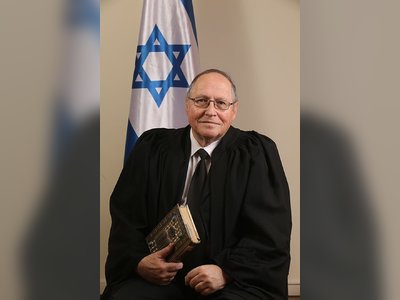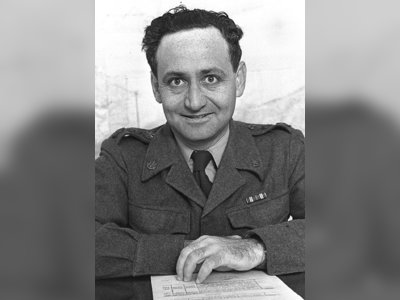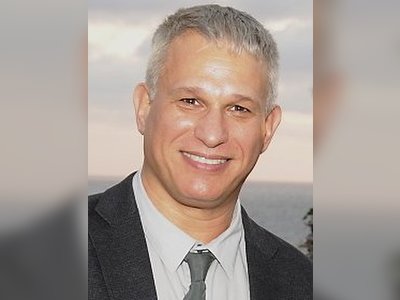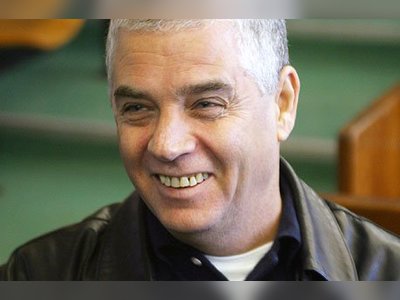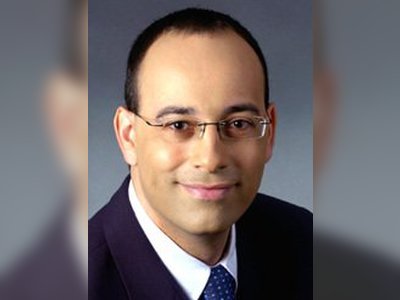Shmuel "Sammy" Dinitz: A Life Dedicated to Diplomacy and Leadership
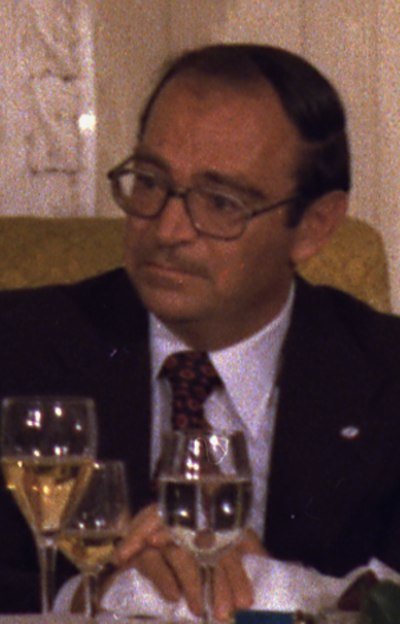
Shmuel Dinitz (June 23, 1929 – September 23, 2003) was a prominent figure in Israeli politics, a seasoned diplomat, and the head of the Jewish Agency.
Biography
Shmuel Dinitz was born in Tel Aviv to Joseph and Bruria (Bronia) Dinitz and was the brother of Mira. He grew up with his family on Allenby Street. He completed his high school education at the Herzliya Gymnasium. He pursued his undergraduate studies in political science at Cincinnati University in Ohio, where he earned a master's degree in international law from Georgetown University in the United States. During his studies, he worked as a night guard at the Israeli Embassy in Washington, D.C.
Dinitz began his career in the Israeli Ministry of Foreign Affairs. Between 1960 and 1966, he served as the director of the office of the ministry's director-general and subsequently as the diplomatic secretary and director of the office of the foreign minister.
In 1966, he was appointed as a counselor at the Israeli Embassy in Rome and in 1968 as counselor for public affairs at the Israeli Embassy in Washington, D.C. In June 1969, following the resignation of Abba Eban, he was appointed as the Prime Minister's diplomatic secretary (also known as the Prime Minister's advisor on foreign affairs) under Golda Meir, with whom he had a long-standing professional relationship from their time working together in the Foreign Ministry. In this capacity, Dinitz played a crucial role in maintaining relationships with the United States and participating in discussions surrounding the Rogers Plan.
In 1972, Dinitz was appointed as the director-general of the Office of the Prime Minister, and in 1973, he became Israel's ambassador to Washington, D.C. His tenure in Washington included the critical period of the Yom Kippur War, during which he worked diligently to secure essential military supplies for the Israel Defense Forces.
He communicated directly with the U.S. Secretary of State, Henry Kissinger, and relayed important messages to the Israeli Prime Minister's office through Mordechai Gazit, the director-general of the Prime Minister's office at the time. Dinitz continued to serve as Israel's ambassador in Washington under Prime Ministers Yitzhak Rabin and Menachem Begin and was a member of the Israeli delegation during the Camp David Accords with Egypt.
Subsequently, Dinitz served as the vice president of the Hebrew University. In the 11th Knesset (1984–1988), he served as a Member of Knesset representing the Alignment faction, making significant contributions to the party's activities. He was a member of the Foreign Affairs and Defense Committee.
In 1987, he was appointed as the Chairman of the Jewish Agency. In this role, he worked tirelessly to facilitate the immigration and absorption of former Soviet Union Jews into Israel, especially during the early 1990s when the gates of the Soviet Union opened, and Jews were allowed to make Aliyah (immigrate) to Israel.
In 1995, Dinitz was forced to resign from his position at the Jewish Agency due to legal charges brought against him, alleging that he used private expenses as official ones. Although he was acquitted of one of the charges, he was found guilty of another. Dinitz appealed the decision, and the Supreme Court ultimately acquitted him of all charges.
Shmuel Dinitz was laid to rest in the section reserved for the World Zionist Organization and the Herzl family on Jerusalem's Mount Herzl.
In honor of his memory, a street in the Beit HaKerem neighborhood of Jerusalem is named after him.
Personal Life
Shmuel Dinitz was married to Vivian and was the father of two daughters and a son.
Shmuel Dinitz's career spanned diplomacy, politics, and leadership, making him a significant figure in Israel's history. His dedication to fostering strong ties between Israel and the United States, his role in major diplomatic negotiations, and his commitment to Jewish immigration and absorption have left a lasting impact on the nation and its relations with the world.
- שמחה דיניץhe.wikipedia.org
